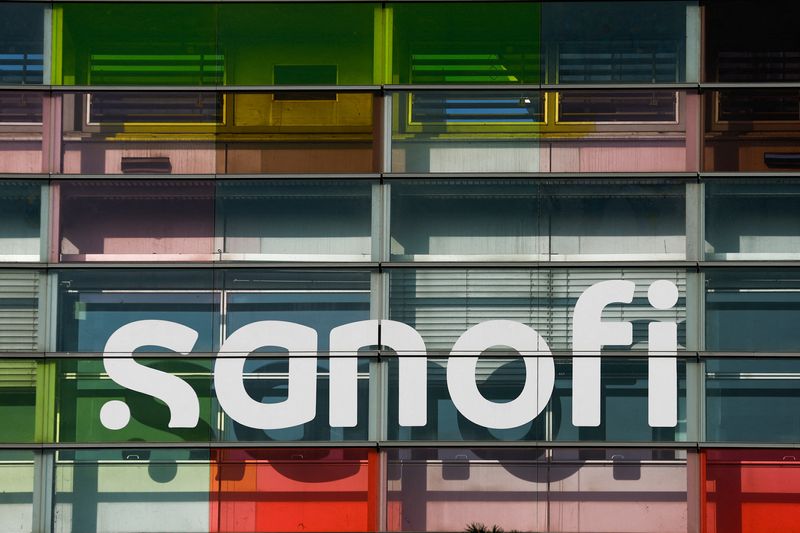BERLIN (Reuters) - French drugmaker Sanofi (NASDAQ:SNY) is nearing a decision to invest between 1.3 billion and 1.5 billion euros ($1.4-$1.6 billion) to upgrade its production of long-acting insulin shots in Germany, a person familiar with the plan told Reuters on Monday.
The expected investment would be the latest in a string of recent wins by Germany's ruling coalition to attract foreign investments, particularly in the pharmaceuticals sector.
German newspaper Handelsblatt, which first reported the investment plan on Monday, cited German government sources as saying Sanofi had changed course after initially considering shifting production of its insulin brand Lantus to France, and was now close to committing to an upgrade of its German site in Frankfurt's Hoechst district.
Sanofi's possible expansion in Germany comes as France's far-right National Rally scored major wins in the first round of parliamentary elections, fuelling uncertainty over what a potential shift in political power could mean for business, though the source did not mention political factors as possible influences and gave no reason for favouring Germany.
The company said it would not comment on specific investment projects. A German government spokesperson said Chancellor Olaf Scholz was "very much looking forward" to further developments but it was for the company to provide an update.
Among recent wins by Germany's ruling coalition in attracting healthcare investments, Daiichi Sankyo said in February it would spend about 1 billion euros to boost its work on precision cancer drugs near Munich.
U.S. drugmaker Eli Lilly (NYSE:LLY) in November last year pledged to invest 2.3 billion euros to make obesity and diabetes drugs in Germany.
The world's other largest insulin maker, Novo Nordisk (NYSE:NVO), meanwhile, has recently showed signs of prioritising manufacturing of its blockbuster obesity drug Wegovy, and diabetes drug Ozempic, which contains the same active ingredient, over the production of insulin.
In November for example Novo announced it would discontinue one of its insulins, Levemir, citing manufacturing constraints among other issues.
Scholz's coalition government, whose three constituent parties suffered big losses in European elections last month, is eager to bolster its economic credentials ahead of general elections next year.

Europe's biggest economy is expected to return to growth of 0.3% to 0.4% this year, after a 0.3% contraction in 2023, which was the weakest performance among big euro zone countries.
But foreign companies announced record levels of new investment in Germany last year despite the downturn and high energy prices, a report showed in May.